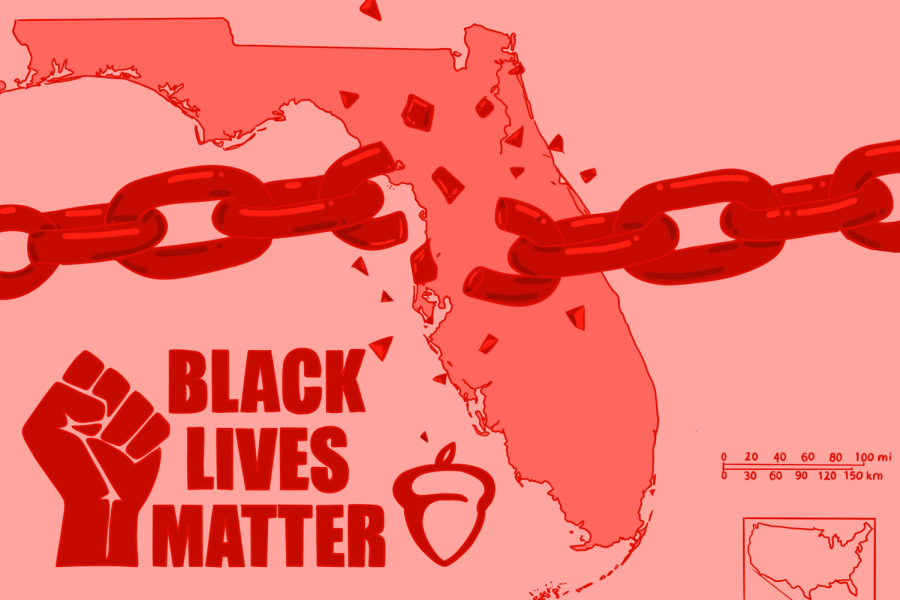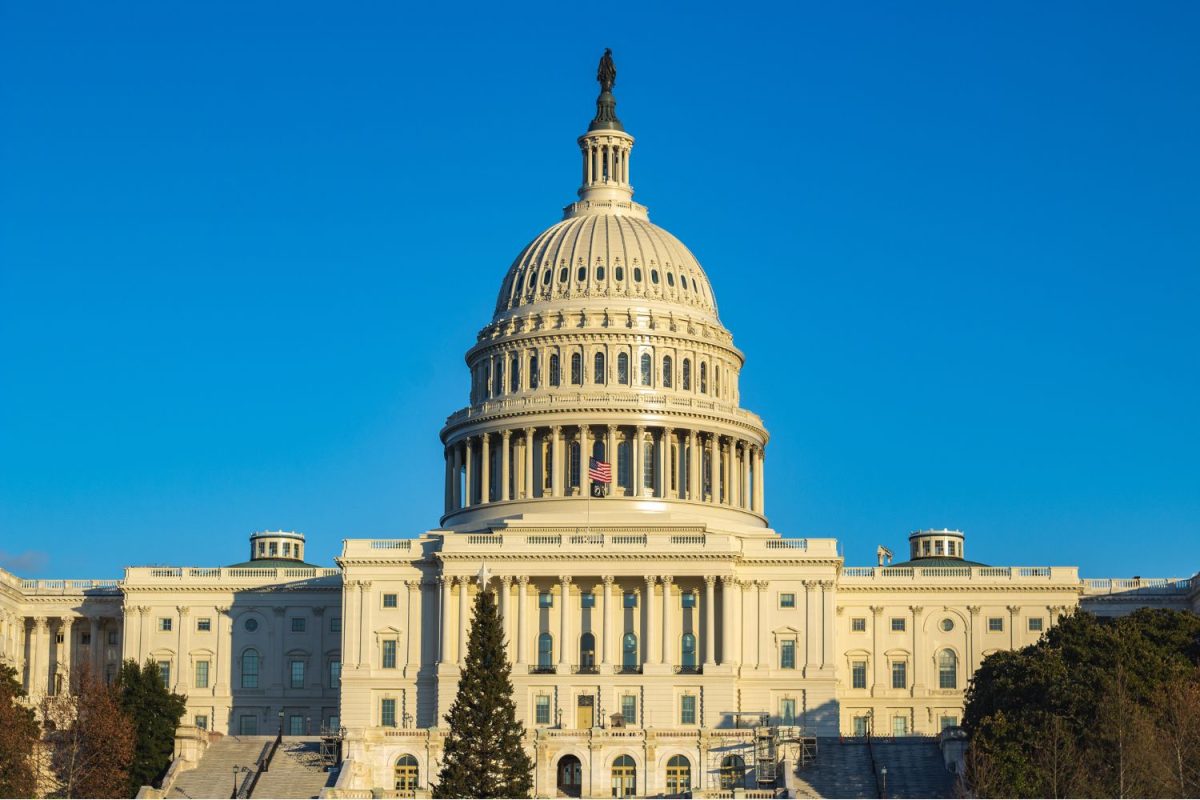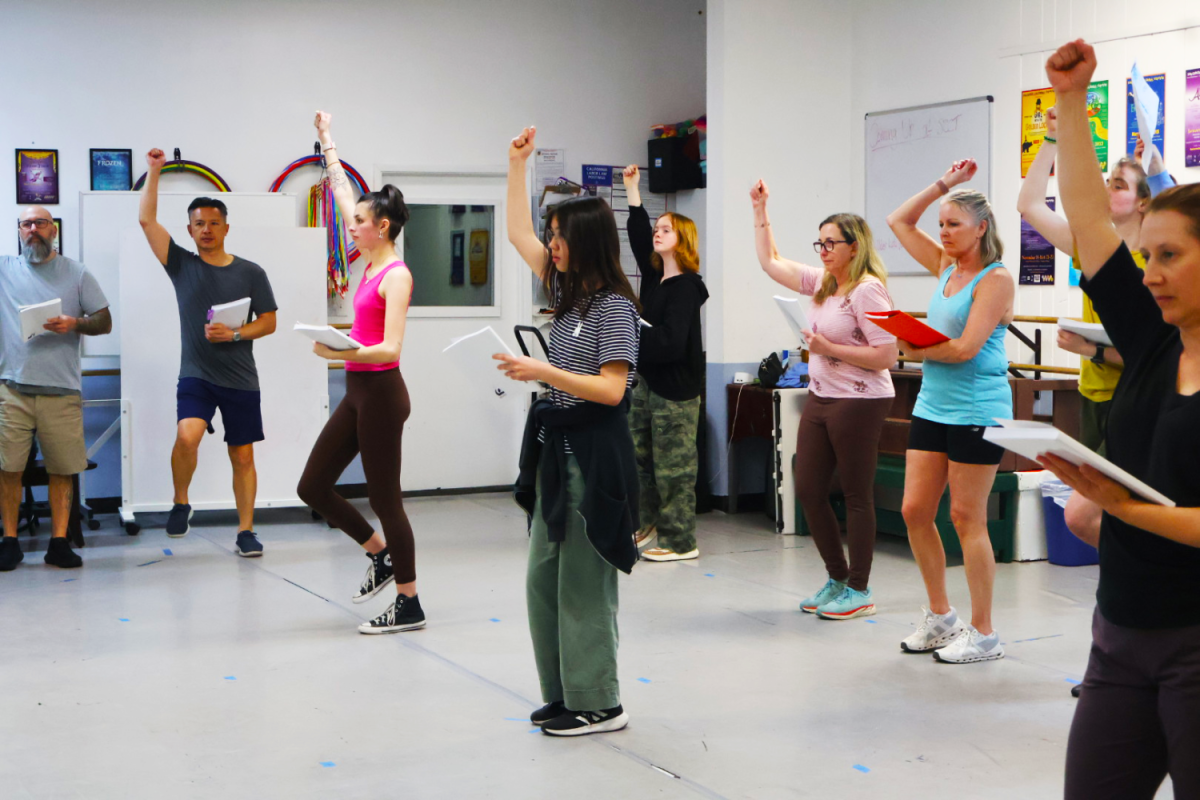College Board has announced that they plan to revise its AP African American Studies course after two months of backlash and criticism. Many have said that the nonprofit bowed to political pressure from officials such as Florida Gov. Ron DeSantis. The details of what will be changed are not public, but the organization states that they will be released over the next few months.
The course has been piloted with 60 schools this year and is comprised of four units: Origins of the African Diaspora; Freedom, Enslavement and Resistance; The Practice of Freedom; and Movements and Debates.
College Board issued a statement acknowledging missteps: “Access was our driving principle— both access to a discipline that has not been widely available to high school students and access for as many of those students as possible. Regrettably, along the way, those dual access goals have come into conflict.”
The African American Policy Forum (AAPF) has published an open letter to College Board criticizing the organization’s “watered-down curriculum.” Other nonprofits, such as the National Black Justice Coalition, have made similar statements. AAPF has gathered more than 5,000 signatures in support of their “Open Letter on Fighting ‘Anti-Woke’ Censorship of Intersectionality and Black Feminism” to the College Board. The letter criticizes multiple aspects of the previously released framework.
College Board had previously justified its decision to remove modern topics from the course, claiming that current events and secondary sources aren’t a part of AP principles. Now, College Board appears to be changing course and has stated that it is committed to providing “an unflinching encounter with the facts and evidence of African American history and culture” in its most recent press release.
Carlmont history teacher Eric Perkins, who also sponsors several of Carlmont’s inclusion clubs, including the Latinos Unidos and Black Student Union (BSU), commented that the course could provide students with a fuller understanding of history.
“Topics like reparations and the Civil Rights Movement are politically charged, but it’s also important to learn how little has changed,” Perkins said.
College Board has not provided specific details on what changes will be made, but the course has been criticized for omitting topics such as the Black Lives Matter movement, reparations, and mass incarceration.
“I’m glad that the topic is getting a course. Along with AP European History, you could see how African American history connects to the world and broader global issues. It should have come already,” said Audrey Wong, a Carlmont sophomore who is currently taking AP World History.
Eight hundred schools nationwide will be offering the course next year, reaching 16,000 students.
Carlmont history teachers have expressed interest in the course, according to Jayson Waller, chair of Carlmont’s Social Studies Department. The course will not be offered at Carlmont next year, but the staff and administration may revisit the topic for course offerings the following year.
“The class could end up being one of Waller’s boot camps, but I can’t see too many people taking it as an elective,” said Andrew Northrup, Carlmont junior who is also an AP student and has attended this year’s AP boot camp.
Waller’s boot camps are informal instruction on AP classes outside Carlmont’s course offerings, such as this year’s AP Human Geography. He hosts sessions on Wednesday mornings prior to the regular late start. While students don’t receive course credit, they may opt to take the AP test.
In collaboration with African American Studies scholars, the College Board expects to determine the changes over the next few months.

































